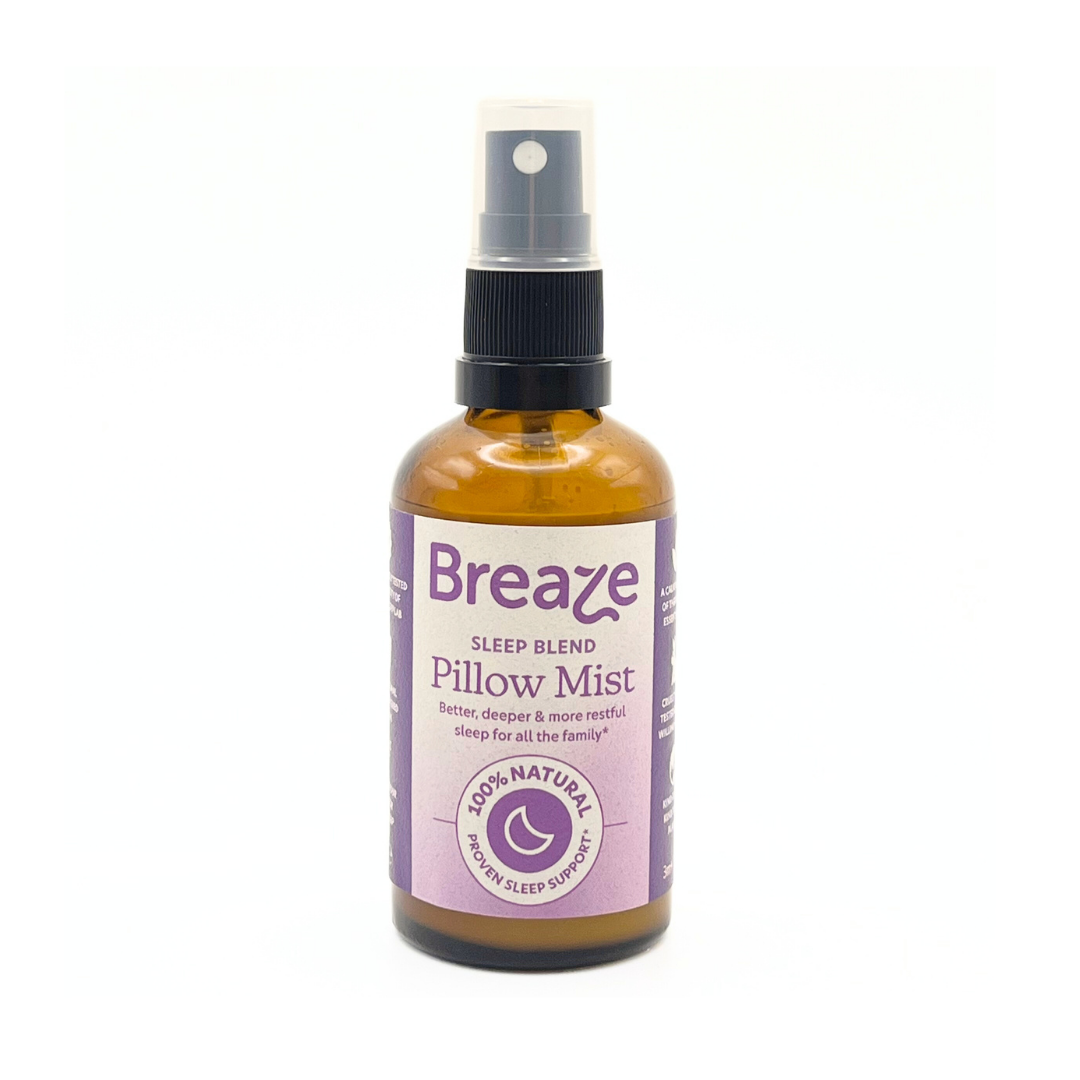Summer man flu or 'he fever'? How to tell the difference
Man Flu or He Fever?
Is the the man in your life complaining about a summer cold or ‘man flu’? Before you go searching for the paracetamol, take a moment to check if it might be hay fever – AKA 'He Fever'.
He might insist he’s never suffered with hay fever before but it’s on the increase. Partly due to climate change, blurred seasons are driving higher pollen counts and more of us are reaching the threshold at which hay fever is triggered - even when we’ve never had it before.

A 2017 study* estimated between 10-15% of children and 26% of adults in the UK suffered from hay fever a more recent 2020 study by Allergy UK & Kleenex** put the figure closer to 49%.
Hay fever is an allergic reaction to airborne allergens like pollen, mould spores, dust and pet dander. Colds on the other hand are caused by a mild viral infection.
If you’ve never had hay fever before it’s easy to mistake it for a common cold. Both have a bunch of symptoms in common - including runny and/or blocked nose, sneezing, fatigue and headaches or a feeling of pressure in the face and sinuses.
So how to tell the difference?
If it’s hay fever it’ll come with some extra tell-tale signs like itchy, red, watery eyes and itchy throat, mouth and ears.
Hay fever also hangs around for a lot longer. Typically a cold will last for one to two weeks but hay fever can last for weeks or months and symptoms and comes and goes depending on the pollen count, the time of year and even the time of day.
In the early spring months tree pollen is in the air and affects around 25% of people with hay fever. By mid-May, tree pollen is falling and grass, weeds and other wind pollenated plants cause irritation in 95% of people with hay fever. Symptoms can also be more severe in the early morning and early evening – just when he’s ready for a well-earned pint in the beer garden.
It’s not enough that hay fever interferes with summer fun, it’s also at the root of many a sleepless night too – studies show that hay fever sufferers are more than twice as likely to experience disturbed or poor sleep than those who don’t have allergies.
In research by the American Medical Association among 350 people with hay fever, almost half struggled to fall asleep or woke during the night. A third woke earlier than they wanted, a whopping 46% snored and when one of you is snoring, it’s bad news for both of you!
Shop our hay fever support here
*GK Scadding et al, 2017
**Allergy UK / Kleenex®, 2020


